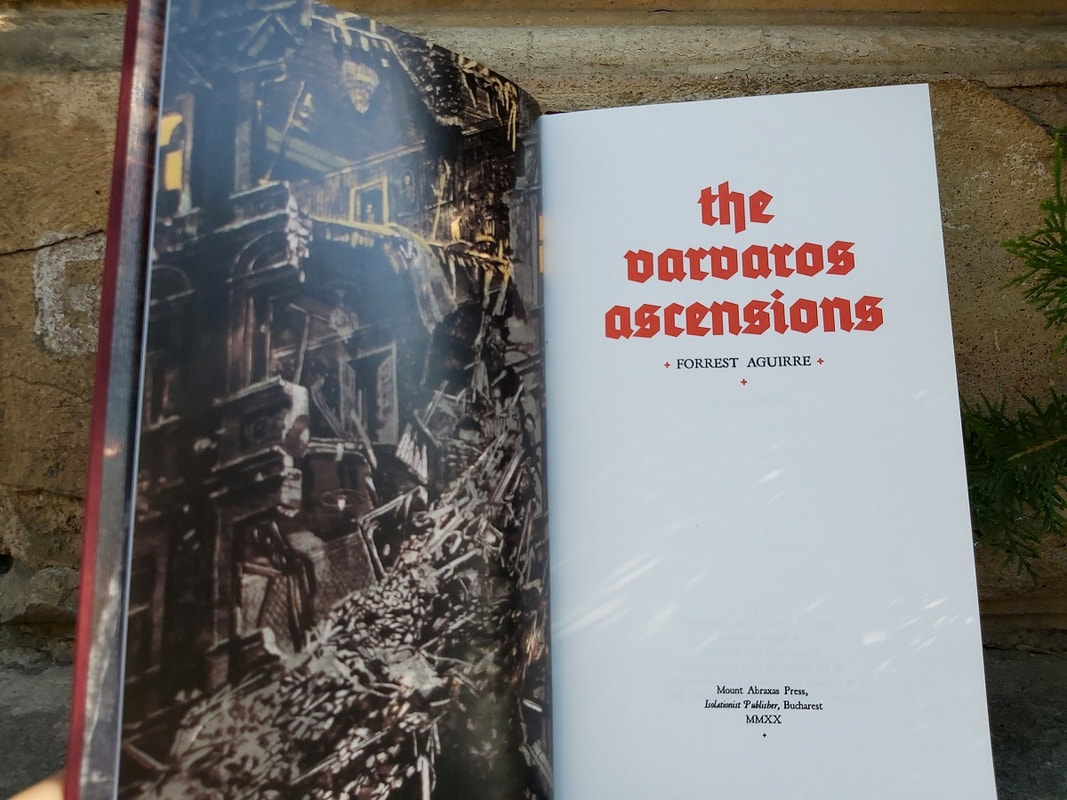|
"The Eastern star calls with its hundred knives Burn the cities Burn the cities" (Nathanael West, "Burn the Cities") Photo by Dan Ghetu. It was in my days at college, when I was studying linguistics at the University of São Paulo – when I get this strange pleasure: going through the library corridors at that university, without any specific target. I was not exactly aware of what I was looking for - but I did it furiously. Even when consulting the exotic urban theories, reflections on the city, published by the Spanish publisher Gustavo Gili. At the same time, I was exploring the gigantic metropolis, São Paulo – again, I was looking for something that I myself didn't really know what it was. Perhaps it was something new, unique; the hermetic; the vertiginous; somethng that, even when invisible to all, is not perceived in all its magnitude. Maybe it was something I could never find directly, like an item on a shelf, a fixed point on a map. I believe that my search was centered on something magical – a key, a cipher, a code, any element that would undo the fabric of the world, that would destroy the space-time continuum definitely, a very destructive leap. Forrest Aguirre, in his superb work The Varvaros Ascension, offers, in fact, not one but two of these strange keys to undo / remake the world – the City and the Ancestry.
But before the description of these strange gifts offered to the reader by the author and the editor (after all, it is not plain thing to witness the development of two bloody, sacrificial puzzles, in a single interpolated narrative), a slightly more formal presentation of the narrative is needed. Perhaps even something academic – as that would not be unfair to the author, his plot and his text. In fact, the world of universities – theses, scholarships, master's degree, doctorate, post-doctorate, professors who are researchers as well, researching rituals, classes, baccalaureate – all the strange university mandarinate is part of the intricate narrative of The Varvaros Ascension. But such involvement is far from making the plot unpalatable or tedious as such university settings are often; Aguirre's story is agile, fast, good-natured and extremely inventive, something that we would see on television series if the showrunners of that television shows were people like Fritz Lang, Raoul Ruiz and Hiroshi Teshigahara. Or Nigel Kneale, who once, in some dimension of the temporal continuum, worked on television shows. Aguirre's novel is tricky because it follows in a kind of double helix, in a potential that goes beyond the initial presentation of a title (The Varvaros Ascension) in favor of two other subtitles ("The Arch: Conjecture of the Cities" and "The Ivory Tower"). From this first carrefour, we even have a exquisite name as the title of a diegetic book – but it could be a perfectly real book, in some obscure academic bibliography. Indeed, it is not even a book at all; and Aguirre's story following this strange mystification, tracks that formed several other books, which are opened to the reader's eyes thanks to the author's visionary capacity. There are inscriptions, signs and modes of reading in the city (Madison) that surround the characters, at the university, in the friezes that decorate one of the buildings, in the disposition of beggars, in the bones – ancestral and new. All of these books are thought provoking by the vision of the author, who manages to distill from the arid urban environments in the vicinity of the universities a dense and disturbing cultural broth. It is as if Arthur Machen had attended courses at university with Herbert Marcuse as a research advisor (at Columbia University). As usual, the edition of The Varvaros Ascension, published by Mount Abraxas, is superb. The cover, with illustration by Valin Matheis, alludes to primeval, rupestrian and ancient images but, at the same time, to the fallen angel (in inverted presentation) of the Limbourg brothers in the Très Riches Heures du Duc de Berry. The inner pictures, portraits of urban desolation, perfectly follow the imagery of Aguirre's narratives. This new book is impeccable en every way (as usual in Mount Abraxas books) and the unusual format make this book an unusual cult object – the strange artifact to be used in a strange new ceremony. And now, it’s time to see the book's apocalyptic potential, duplicated by the narrative. The protagonists of the two parallel plots – which meet, literally, in the infinite – are the explorers of an other reality, materialized in a specific type of narrative that, the two protagonists soon discover, make our conventions usually accepted absurd. What narrative would that be? Well, the one that occurs in this exquisite book, The Varvaros Ascension. And faced with the tasty trap of this loop, we seek repetition: for we will read this book again, many times, and it will always seem intricate and hallucinated in a enticing way. The title’s ascension speaks of us, readers, transformed into pilgrims in infinite progression, searching for the new signs for others – many, endless – apocalypses.
1 Comment
Leave a Reply. |
Alcebiades DinizArcana Bibliotheca Archives
January 2021
Categories
All
|

 RSS Feed
RSS Feed
